Smallholder Support and Innovative Insect Farming
What was the initiative?
Raj’s Pathy project had two main aspects. Firstly, Raj worked with an agribusiness alliance and selected partner farms to help strengthen existing outgrower networks, train farmers and farm owners on key agricultural skills, and support digitization and gender-inclusion practices within farmer networks. This involved workshops, field visits, and training programs for the growers across the community. The second aspect of Raj’s Fellowship project included working with an agricultural startup conducting insect-farming, supporting their growth and community impact, and consulting on operational and financial growth strategies. In Raj’s own words, “these two distinct aspects of my initiative allowed me to experience diverse aspects of the value-chain and create impact in different ways, both within the field where impact was community-driven, as well as in a more entrepreneurial way.”
What was the community connection?
During COVID-19, Raj worked at a large-scale farm producing flowers and herbs while living in a village in Gayaza. It was during this period that Raj gained a strong connection to both agriculture and the community that it supports within the Gayaza region. His project brought together local partners that he had met during his time in Uganda, and selected farms and their outgrower networks, representing tight-knit networks of smallholder farmers who grow on their homestead and sell products to larger farms. The community of outgrowers that Raj and his partners worked with contained over 50 local farmers and families spread across the Gayaza region.
How was it innovative?
The initiative attempted to strengthen under-explored tools and principles within smallholder farming, such as financial inclusion, digitization, and gender-inclusion. Through his project, Raj introduced a special app and used community-driven workshops to help strengthen farming practices, support financial literacy, and help growers plan their production, with the objective of increasing resilience for livelihoods across the community. The secondary work conducted within insect farming also represented innovative solutions within agriculture. The startup that Raj supported worked to divert organic waste produced within communities in Kampala. This waste was transformed into sustainable agricultural products using black soldier flies, a species of fly that breaks down waste and produces fertilizer as its by-product. This process required creative thinking in how to solve the significant and growing issue of waste management while also producing affordable and sustainable organic fertilizer for smallholders.
What is Raj doing now?
Upon the completion of the Pathy Fellowship, Raj returned to his home community in Kenya, where he continues to work in the social-impact consulting field through McKinsey & Company in Nairobi. At McKinsey, he hopes to continue to learn about the opportunities and challenges of African business and development. In contrast to the bottom-up approach taken during the Fellowship, he will be working across the continent on a more top-down approach of problem-solving within the African context. He hopes that this will give him a greater understanding of how communities are seeking to solve critical problems such as access to finance, sustainable development, and social entrepreneurship.


